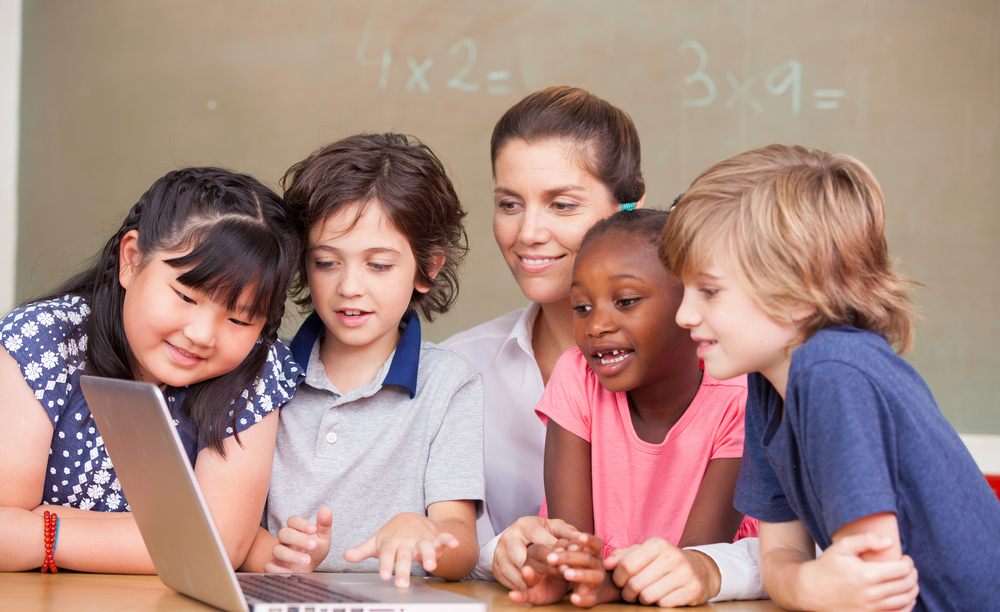Why is socializing important for kids

Why is a child’s socialization important? Teaching kids how to connect with other kids and adults in a healthy and beneficial way is the goal of socialization. Children acquire social skills such as taking turns, sharing, and managing their emotions around others through socialization. As adults, it is our responsibility to foster and supervise their social interaction and skills.
It’s crucial to begin socialization with other kids at an early age because social development is connected to many other aspects of your baby’s overall development.
Young children benefit from social engagement as they begin to establish their sense of self and learn what is expected of them by others. By enrolling your kid in preschool or daycare, you can help them meet other developmental milestones and provide them with the social connection they require with others their age.
Benefits of Socializing on Kids
Starting early is essential because social development is linked to many other aspects of your child’s development, whether it occurs at daycare or through playdates.
Time spent away from home
Just like adults, kids gain from leaving the house and experiencing new surroundings. The way children absorb information from their environment and other people demonstrates the significance of socialization in a child’s development.
Confidence
Participating in social activities and making new acquaintances can make a child feel more confident. It also prepares kids for starting nursery or school. interacting with others from a young age can help with separation anxiety that occurs when a kid attends nursery or school.
It also aids in creating strong emotional relationships and friendships later in life.

Helps learn to share and take turns
When children spend all of their time alone, they are accustomed to being the center of attention and having everything to themselves. They learn that other people have needs and desires and that they must share and take turns by being around other children. They learn to share space, toys, equipment, and the attention of an adult. As children compete for toys and come to a conclusion, their problem-solving skills improve.
Encourages children to consider others
By playing with other kids, they learn that other people have feelings as well. They observe various reactions and understand what actions may harm or upset others.
Acceptance of others
When children interact with children from different cultures as well as children with varying abilities and disabilities, they learn to accept everyone and to include everyone in their play.
Problem Solving
Part of the socializing process includes developing problem-solving and reasoning skills. When children interact with other children/peers, they communicate on various levels, and as a result, they learn not to give up when faced with difficulties, and they develop strategies for dealing with life’s problems, whether academic or social.

Language Development
Exposure to a variety of words and language leaves a mark on a child’s mind, which helps build their vocabulary and provides a solid foundation for further language development. The more your child communicates with others, the better their verbal skills will become.
It is critical to lay the groundwork for socialization and problem-solving at a young age. Another factor that helps children develop in their early years is socialization.
More Interaction, More Empathy
Socializing and interacting result in sharing, setting boundaries, and problem-solving. Children learn to empathize with others and recognize when their friends are sad, happy, or upset. Children will eventually begin to use these skills at home with their parents, siblings, or even pets.
Happy Parenting!
To check out amazing products of SapienKid, Visit our product page CLICK HERE!
Also, join us in experiencing a new-age parenting, CLICK HERE!






